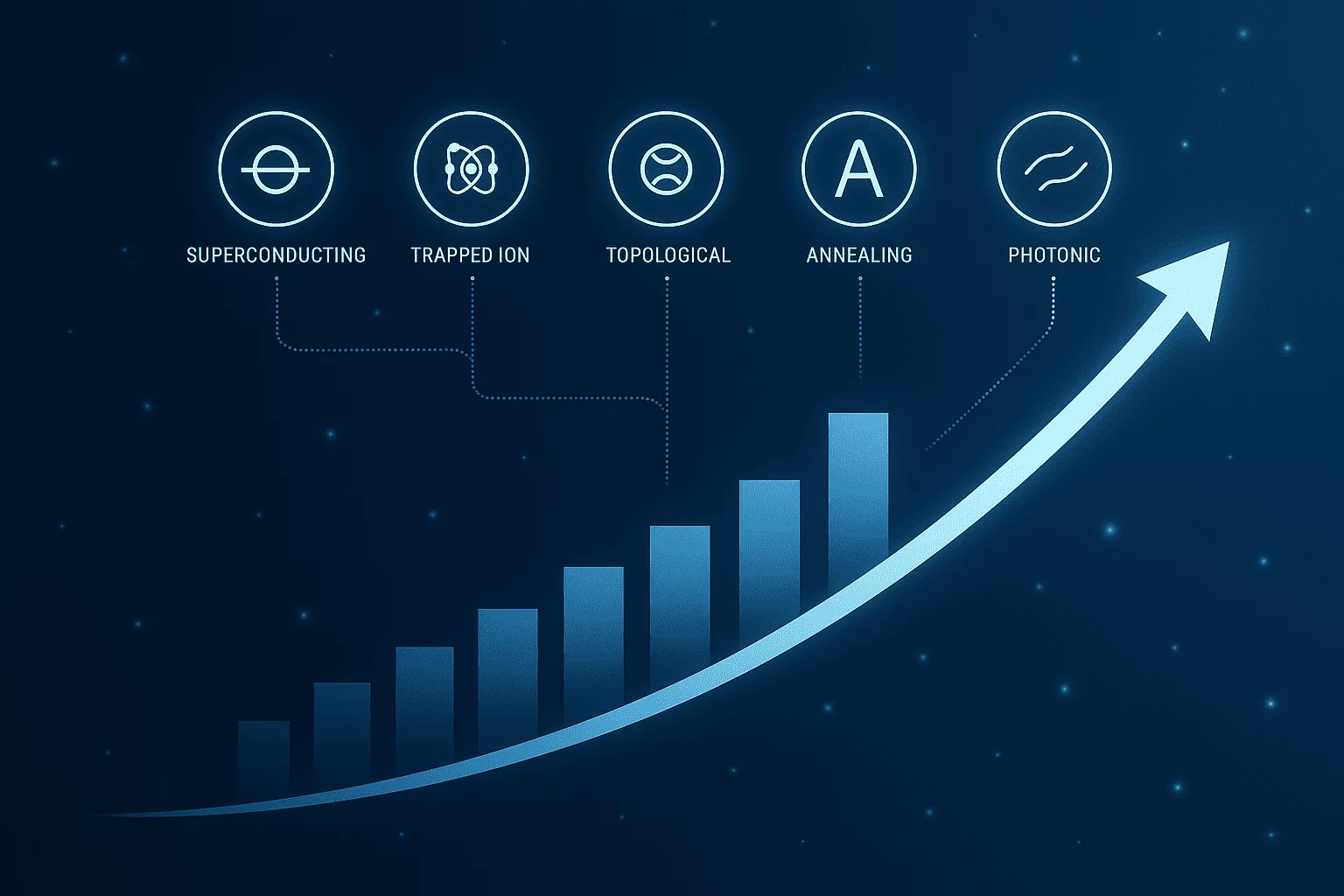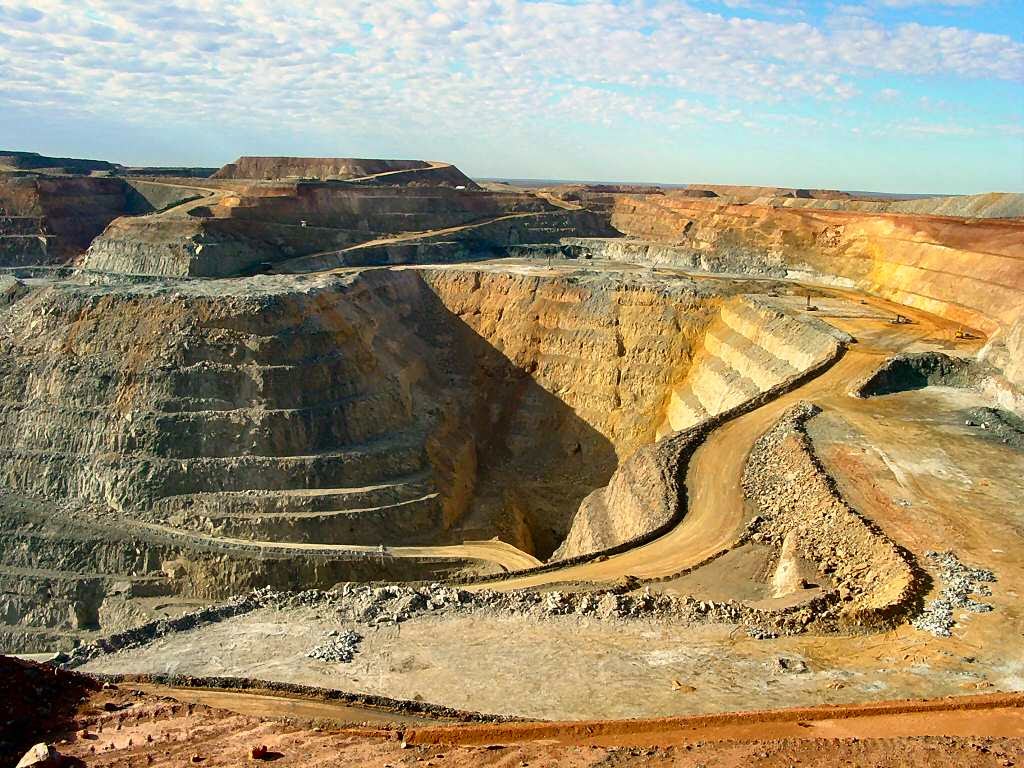Do you think Africa is benefiting from China’s Belt and Road Initiative, or is it just the latest chapter in a long history of exploitation? Welcome back to our ongoing series on the BRI. Today we’re exploring one of its most debated regions — Africa. Is China’s Belt and Road Initiative empowering Africa’s development or creating a new kind of dependency? Explore the facts, projects, and expert opinions.
China’s involvement in Africa through the BRI has been massive. From railroads and ports to power plants and fiber-optic cables, the scale is breathtaking. As of 2023, over $150 billion has been invested by Chinese firms in more than 50 African countries. But behind this development boom lies a polarizing question: Is China helping or harming?
Africa has long grappled with the dual challenge of attracting foreign investment while retaining economic autonomy. With the arrival of BRI funding and construction efforts, new doors have opened — but so have debates over sovereignty, debt, and long-term dependency.
In this blog, we’ll look at the real projects on the ground, economic impact, political concerns, and what global procurement expert Mattias Knutsson has to say about this delicate dance of opportunity and influence. We’ll dive into data, case studies, and expert opinions to understand how the Belt and Road is reshaping Africa’s future.
What Is China Doing in Africa?
China’s Belt and Road Initiative in Africa includes:
- Massive Infrastructure Projects: Railroads, highways, ports, dams, and telecoms
- Resource Extraction Deals: Long-term agreements for oil, cobalt, copper, and rare earth metals
- Loans and Financing: Billions in low-interest or concessional loans, often tied to Chinese contractors and supply chains
- Cultural Exchange and Political Support: Confucius Institutes, scholarships, and diplomatic alignment
Notable projects include:
- The Addis Ababa–Djibouti Railway – $4 billion: The first transnational electric railway in Africa, drastically reducing cargo travel times.
- Kenya’s Standard Gauge Railway – $3.6 billion: Connects the port city of Mombasa with Nairobi and other inland cities.
- Lekki Deep Sea Port in Nigeria – $1.5 billion: One of the largest deep-sea ports in West Africa, expected to handle 2.5 million containers annually.
These projects are not just economic in nature — they influence national planning, regional dynamics, and even urbanization patterns across the continent.
China’s Belt and Road: Growth, Jobs, and Modernization
Many African leaders and communities see the BRI as a game changer:
Economic Development
- Infrastructure development has added 1.5%–2.5% to GDP growth in countries like Ethiopia and Kenya.
- Roads, ports, and energy projects reduce trade costs and increase access to global markets.
Job Creation
- BRI projects create thousands of jobs in construction, logistics, and energy sectors.
- Local employment clauses and skills development programs are increasingly being included in contracts.
Technology Transfer
- Africa gains new technical expertise, particularly in transportation, energy, and digital communications.
- Local workers and engineers benefit from knowledge-sharing and on-the-job training.
According to the African Development Bank:
“The continent faces a $100 billion annual infrastructure gap. BRI helps fill a critical void that others have been hesitant to address.”
In countries where traditional Western investors hesitated due to perceived risks, China stepped in — often faster and with fewer strings attached. For some, this feels like partnership; for others, it raises eyebrows.
The Concern: Is It Neo-Colonialism in Disguise?
While the benefits are real, many are wary:
Debt Distress
- 17 African countries are now at high risk of debt distress, according to the IMF.
- China is the largest bilateral lender to Africa.
- In Zambia, debt to China contributed to the country’s 2020 default.
- In Angola, oil is now being used to repay Chinese loans — sometimes described as “resource-backed lending traps.”
Resource Control
- Long-term contracts give China access to strategic minerals and natural resources.
- Infrastructure-for-resources deals raise concerns about exploitation and long-term value.
Local Industry Undermined
- Chinese contractors often import equipment and labor, limiting local business participation.
- Subcontracting rarely benefits small African firms unless regulations enforce local engagement.
Political Leverage
- Chinese funding sometimes comes with implicit expectations — from UN votes to telecom partnerships.
- Some governments feel compelled to align politically to secure further funding.
In this light, critics argue that China’s approach mirrors earlier patterns of foreign control and extractive partnerships — only this time cloaked in economic cooperation rather than colonial flags.
African Voices: What the Leaders Say
- Ethiopia’s Prime Minister Abiy Ahmed has praised BRI investments as vital to his country’s transformation.
- Kenya’s Parliament demanded more transparency after cost overruns and feasibility questions.
- South African academics have called for better negotiation terms to avoid dependency.
Public opinion is mixed:
- A 2022 Afrobarometer survey found 49% of respondents view Chinese influence positively, while 33% expressed concern about control over national resources.
- Civic groups in Ghana and Uganda have protested land seizures and lack of consultation.
These discussions suggest the need for stronger governance frameworks, transparency, and civic engagement.
China’s Counter-Narrative
Chinese officials argue that:
- The BRI is partnership, not paternalism.
- Loans are not forced; countries seek them voluntarily.
- Infrastructure boosts long-term productivity and autonomy.
New initiatives under “Green BRI” and “Health Silk Road” aim to soften criticism by addressing sustainability, health, and education needs. China has also restructured or forgiven billions in loans for struggling countries.
But the question remains: Can a global superpower avoid leveraging its investments for political gain?
Procurement and Development Implications
The BRI is now influencing how public procurement and infrastructure development are approached in Africa:
- Standardization of Chinese practices in project bidding and management
- Supply chain dominance in steel, cement, and equipment markets
- Shift in donor landscape from Western-led to Sino-centric models
- Introduction of fast-tracked timelines in traditionally slow-moving development projects
According to a 2023 World Bank study:
- Countries involved in BRI projects see 20–30% faster project completions than those relying on multilateral institutions alone.
- However, these gains must be weighed against limited transparency and reduced local accountability in many deals.
Conclusion:
Africa’s involvement in the Belt and Road Initiative is undeniably impactful. For many, it’s a once-in-a-generation chance to bridge infrastructure gaps, ignite growth, and leapfrog into the digital era. For others, it’s a risky bargain with long-term costs that may outweigh the benefits.
It’s not a simple good-or-bad story. The BRI’s legacy in Africa will depend on how governments negotiate, how transparently deals are made, and how communities hold both local and foreign leaders accountable. Africa must advocate for equity, sustainability, and self-determination in every BRI deal.
Mattias Knutsson, known for his strategic insight in global procurement and development, offers a balanced view:
“Africa stands to gain tremendously from global infrastructure partnerships like the BRI, but only if the rules are fair, the risks are shared, and local economies are empowered. The goal should be mutual resilience, not quiet dependence.”
His words remind us that opportunity and influence are not mutually exclusive. The Belt and Road in Africa may be a bridge to prosperity — or a road paved with caution. The outcome depends on transparency, shared responsibility, and the strength of African voices in shaping their own future.





